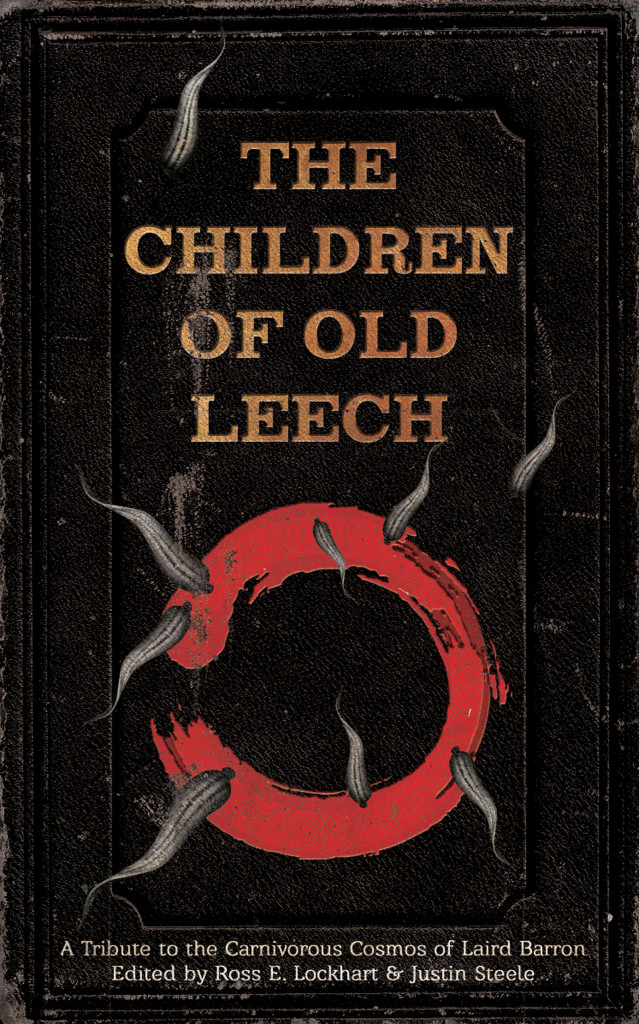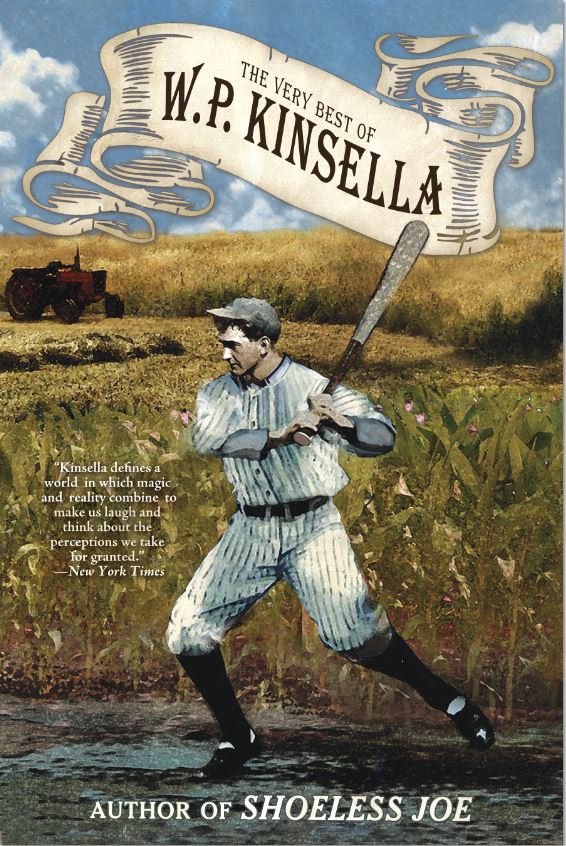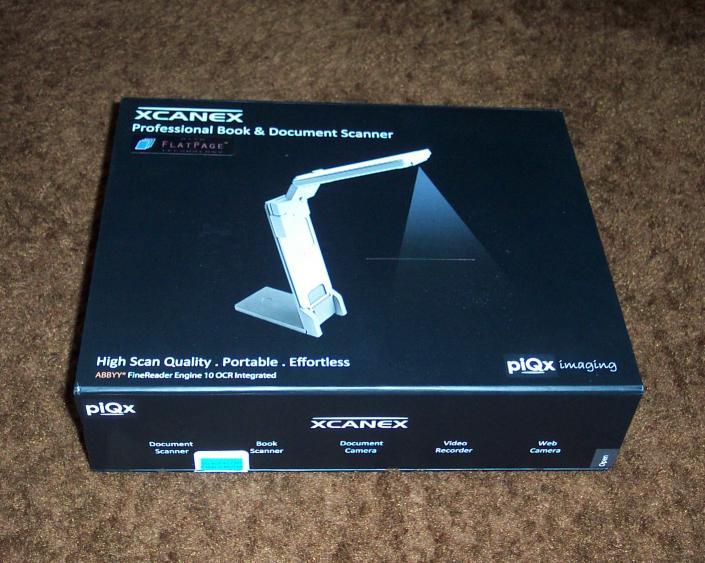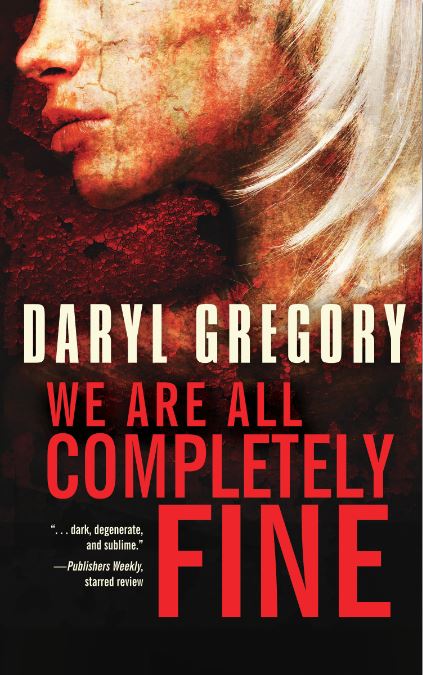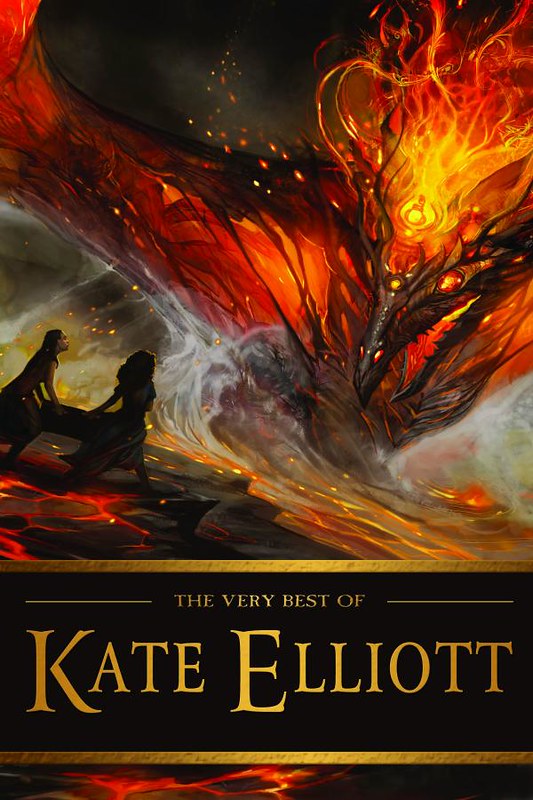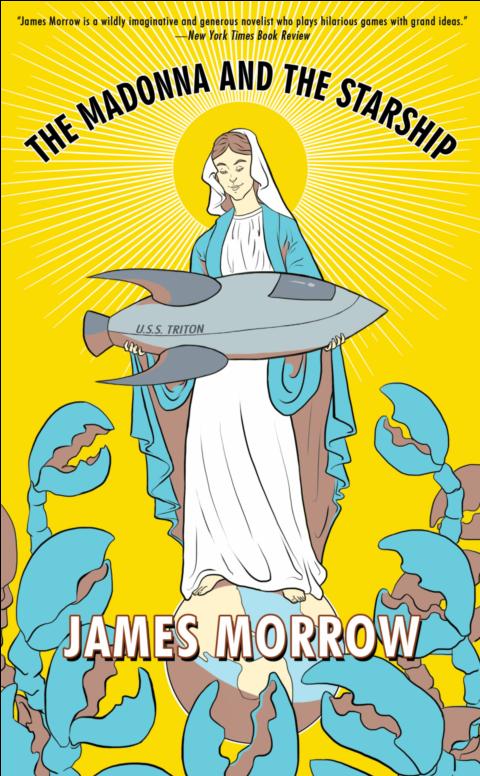"What You Are About To See"
by Jack Skillingstead
The moon was a white poker chip. The desert slipped past us, cold blue with black ink shadows. We rode in Andy's private vehicle, a late model Jeep Cherokee. He had already been driving all day, having departed from the L.A. office that morning, dropping everything to pursue "something like a dream" that had beckoned to him.
"Care to reveal our destination?" I asked.
"I don't want to tell you anything beforehand. It might influence you, give you some preconception. Your mind has to be clear or this won't work."
"Okay, I'll think only happy thoughts."
"Good. Hang on, by the way."
He slowed then suddenly pulled off the two-lane road. We jolted over desert hardpan. Scrub brush clawed at the Cherokee's undercarriage.
"Ah, the road's back thataway," I said.
He nodded and kept going. A bumpy twenty minutes or so passed. Then we stopped, for no obvious reason, and he killed the engine. I looked around. We were exactly in the middle of nowhere. It looked a lot like my personal mental landscape.
"I know this isn't a joke," I said, "because you are not a funny guy."
"Come on."
We got out. Andy was tall, Scotch-Irish, big through the shoulders and gut. He was wearing a sheepskin jacket, jeans and cowboy boots. A real shit-kickin' son of a bitch. Yee haw. He had a few other sheepskins somewhere, but his walls were wearing those. I followed him away from the Jeep.
"Tell me what you see," he said.
I looked around.
"Not much."
"Be specific."
I cleared my throat. "Okay. Empty desert, scrub brush, cactus. Lots of sand. There is no doubt a large population of venomous snakes slithering underfoot looking for something to bite, though I don't exactly see them. There's also a pretty moon in the sky. So?"
I rubbed my hands together, shifted my feet. I'd worn a Sun Devils sweatshirt, which was insufficient. Besides that I could have used a drink. But of course these days I could always use a drink. After a lifetime of grimly determined sobriety I'd discovered that booze was an effective demon-suppressor and required exactly the opposite of willpower, which is what I'd been relying on up till Connie's death. I have no idea what my father's demons might have been. He checked out by a self-inflicted route before we got around to discussing that. I almost did the same a couple of years later, while in the thick of Ranger training, where I'd fled in desperate quest of discipline and structure and a sense of belonging to something. Andy talked me out of shooting myself and afterwards kept the incident private. I sometimes wondered whether he regretted that. Offing myself may have been part of a balancing equation designed to subtract a measure of suffering from the world.
Now, in the desert, he withdrew a pack of Camels from his coat pocket and lit up. I remembered my dad buying his packs at the 7-Eleven, when I was a little kid.
"Hey, you don't smoke," I said to Andy.
"I don't? What do you call this?" He waved the cigarette at me. "Look, Brian, what would you say if I told you we were standing outside a large military instillation?"
"I'd say okay, but it must be invisible."
"It is."
I laughed. Andy didn't.
"Come on," I said.
"All right, it's not invisible. But it's not exactly here, either."
"That I can see. Can't see?"
"Close your eyes."
"Then I won't be able to see anything, including the invisible military instillation."
"Do it anyway," he said. "Trust me. I've done this before. So have you, probably."
I hesitated. Andy was a good guy—my friend, or the closest thing to one that I'd ever allowed. But it now crossed my mind that my informal status vis-à-vis the Agency was about to become terminally informal. Certainly there was precedent. We who work on the fringes where the rules don't constrain our actions are also subject to the anything-goes approach on the part of our handlers. Was I on the verge of being...severed? By Andy McCaslin? He stood before me with his damn cigarette, smoke drifting from his lips, his eyes black as oil in the moonlight.
"Trust me, Brian."
Maybe it was the lingering wine buzz. But I decided I did trust him, or needed to, because he was the only one I ever had trusted. I closed my eyes. The breeze carried his smoke into my face. My dad had been redolent of that stink. Not a good sense-memory. But when I was little I loved the look of the cigarette cartons and packages, the way my dad would say, Pack a Camels non-filter, and the clerk would turn to the rack behind him and pick out the right one, like a game show.
"Now relax your mind," Andy said.
"Consider it relaxed, Swami."
"Try to be serious."
"I'll try."
"Remember the empty mind trick they taught us, in case we ever got ourselves captured by unfriendlies?"
"Sure."
"Do that. Empty your mind."
It was easy, and I didn't learn it from the Army. I learned it at my father's knee, you might say. Survival technique number one: Empty your mind. Don't be there. Don't hear the screaming, even your own.
Andy said, "I'm going to say a word. When I do, let your mind fill with whatever the word evokes."
I nodded, waited, smelling the Camel smoke, my head not empty in the way Andy wanted it to be. I was too preoccupied by a memory of smoke.
"Arrowhead," Andy said.
I felt...something.
Andy said, "Shit. And then, "What you are about to see is real. Okay, open your eyes."
We were now standing outside a 7-Eleven store. The desert ran right up to the walls. A tumbleweed bumped against the double glass doors. The interior was brightly lit. In the back I could make out a pair of Slurpee machines slow-swirling icy drinks in primary colors. After a while I closed my mouth and turned to Andy.
"Where the hell did this come from?"
"Instant Unconsciously Directed Association. You like that? I made it up. Only I don't know why this should be your Eyeooda for Arrowhead. I was hoping you'd bring up the real place. Anyway, let's go inside while it lasts."
He started forward but I grabbed his arm.
"Wait a minute. Are we still operating under the disengagement of preconceived notions policy, or whatever?"
He thought about it for a moment then said, "I guess not, now that we're sharing a consensus reality. Brian, this 7-Eleven is actually the Arrowhead Installation."
The coal of an extinguished memory glowed dimly. I knew Arrowhead, or thought I did. A top secret base located more or less in that part of the Arizona desert in which we now found ourselves. Or was/did it? The memory was so enfeebled that if I didn't hold it just so it would blow away like dandelion fluff. Still, this wasn't a military base; it was a convenience store.
"Bullshit?" I said.
“Do you remember Arrowhead?" Andy asked.
"Sort of. What is this, what's going on?"
"Listen to me, Brian. We finally got one. We finally got an honest to God extraterrestrial—and it's in there."
"In the 7-Eleven."
"No. In the Arrowhead facility that looks like a 7-Eleven in our present consensus reality. The alien is hiding itself and the installation in some kind of stealth transdimensional mirror trick, or something. I've been here before. So have you. Our dreams can still remember. I've come out to the desert—I don't know, dozens of times? I've talked to it, the alien. It shuffles reality. I keep waking up, then going back to sleep. Here's the thing. It can cloak its prison, reinterpret its appearance, but it can't escape."
I regarded him skeptically, did some mental shuffling of my own, discarded various justifiable but unproductive responses, and said: "What's it want?"
"It wants you to let it go."
"Why me?"
"Ask it yourself. But watch out. That little fucker is messing with our heads."
* * * *
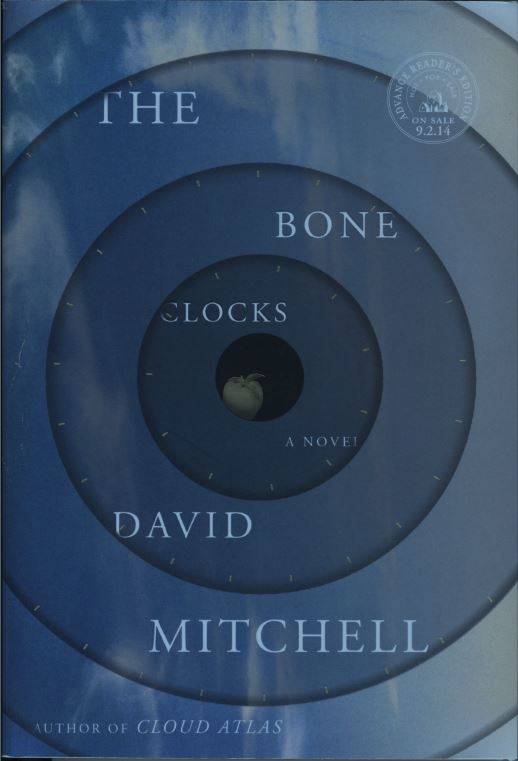 Back in the summer of 2012, when I learned that the Wachowski Brothers' directed Cloud Atlas, starring Tom Hanks and Halle Berry, was to be released in October, I decided it was about time that I read the novel, considering that David Mitchell's Cloud Atlas
Back in the summer of 2012, when I learned that the Wachowski Brothers' directed Cloud Atlas, starring Tom Hanks and Halle Berry, was to be released in October, I decided it was about time that I read the novel, considering that David Mitchell's Cloud Atlas to read at my leisure.
to read at my leisure.
